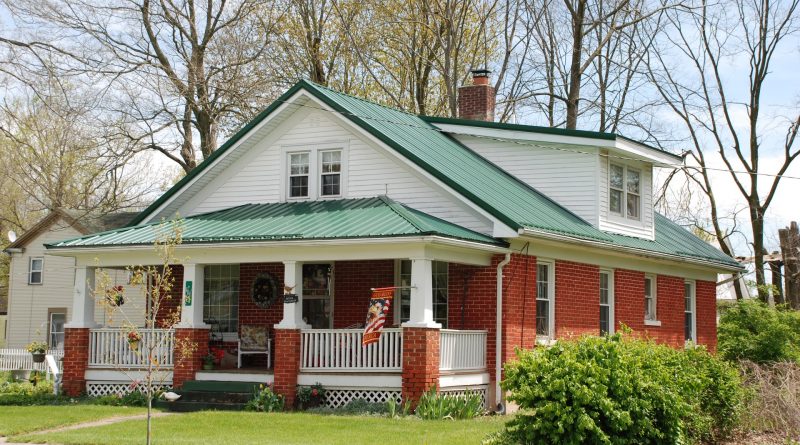How Do Closing Costs Work when Selling a House?
Closing costs are the expenses incurred by a buyer or seller to complete a real estate transaction. They are one-time charges that you pay at the end of your mortgage loan process. They can be paid upfront in cash or financed over time through a monthly mortgage payment.
Closing costs can be broken down into two categories:
1) Settlement or closing fees
2) Other charges and fees
Now, closing costs work differently for different parties. It does cost money to sell a house as well as buy one, so it pays to understand closing costs no matter what part you’re playing in a home deal.
If you’re a seller, you can consult a seller closing costs calculator to find out what you’ll have to pay. You can also learn more below about how it all works for you.
Post Content
The Basics
Closing costs are paid by both the buyer and seller to cover the expenses that are associated with a home sale. Closing costs can be broken down into three main categories: origination fees, title charges, and settlement charges.
Origination fees are the closing costs that go to the lender. These include points paid up front, loan processing fee, underwriting fee, and lender-paid appraisal fee.
Title charges refer to any cost incurred by the title company during a closing. This includes title search and insurance for both parties as well as any other related services like tax stamps or land surveys.
Settlement charges are what go towards paying for all of these things in addition to recording fees and any other miscellaneous expenses that come up at closing time.
What Do Sellers Pay?
Sellers can expect to pay a wide range of closing costs, which can vary depending on the type of home, the location, and the seller’s down payment.
The most common closing costs are in-house mortgage fees, title fees, and appraisal fees. Other possible closing costs include broker commissions, credit report fees, and home inspections.
The average closing cost for a single-family home is $6,130 in the United States.
A complete list of closing costs for sellers is the following:
Closing Costs for the Seller:
-Appraisal Fee
-Loan Origination Fee
-Lender’s Title Insurance Policy Fee
-Title Search and Examination Fees
-Survey Fees (if not included in the mortgage)
-Flood Certification (if required)
Closing Costs for the Buyer:
-Home Inspection (optional)
-Home Warranty (optional)
Can Sellers Negotiate?
It is possible for sellers to negotiate their closing costs, but it may not always be worth it.
Sellers can negotiate their closing costs by asking the bank for a better interest rate or by requesting the seller’s credit score be taken into consideration.
Additionally, some lenders will offer a discount on closing costs if the seller has a high credit score.
However, sellers should keep in mind that these discounts are often small and don’t always make up for the time they spend negotiating with lenders.
We hope you have a better understanding now of how seller closing costs work.




